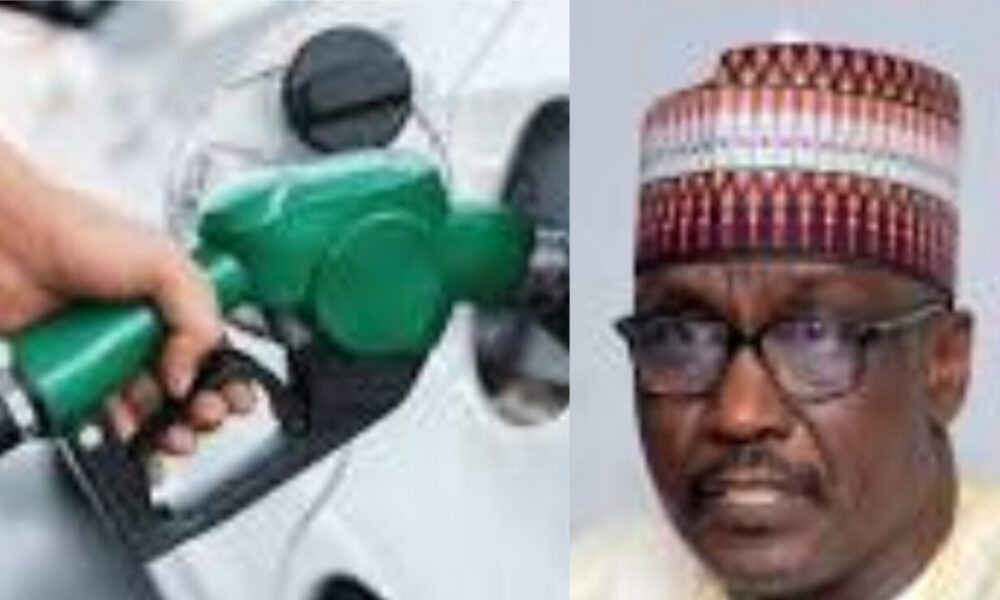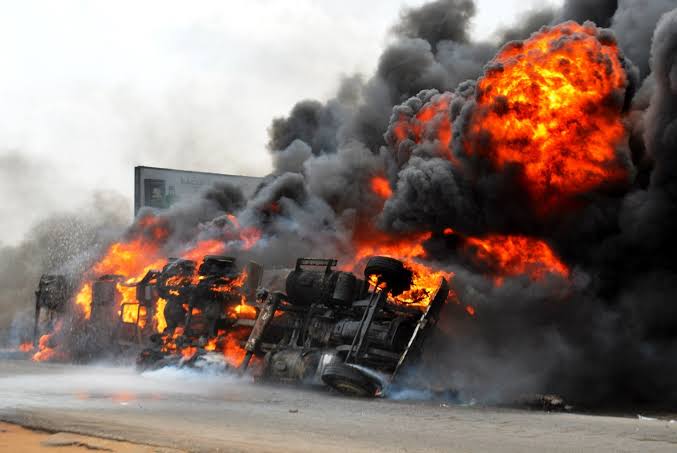Kogi State Governor Ahmed Usman Ododo has called for enhanced cooperation between the state and the federal government to accelerate investment in oil exploration within Kogi State.
Governor Ododo made this appeal during a visit to Senator Heineken Lokpobiri, the Minister of State for Petroleum Resources (Oil), in Abuja on Thursday.
Special Adviser on Media to the Governor, Ismaila Isah quoted him to have reiterated his administration’s commitment to creating a favorable environment for investors, emphasizing the state’s readiness to work closely with the federal government.
He underscored the importance of fast-tracking oil exploration in Kogi in line with President Bola Ahmed Tinubu’s vision to expand exploration in Nigeria’s frontier basins.
Responding to the governor’s call, Senator Lokpobiri reaffirmed Kogi’s status as an oil-producing state and pledged the federal government’s commitment to attract investment to tap into the state’s vast oil resources. He highlighted the mandate of the Petroleum Industry Act (PIA), which tasks the Nigerian Upstream Petroleum Regulatory Commission (NUPRC) with exploring frontier basins.
He assured that the government is ready to deploy funds for further exploration in Kogi.

Senator Lokpobiri also commended Governor Ododo for his leadership and strides in governance, noting that these efforts will be key in attracting and sustaining investment in the state.
Kogi State became the first oil-producing state in Northern Nigeria in 2022 following the federal government’s confirmation of oil discoveries in commercial quantities.




